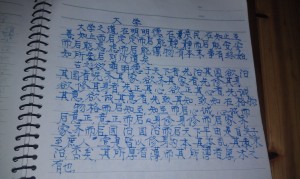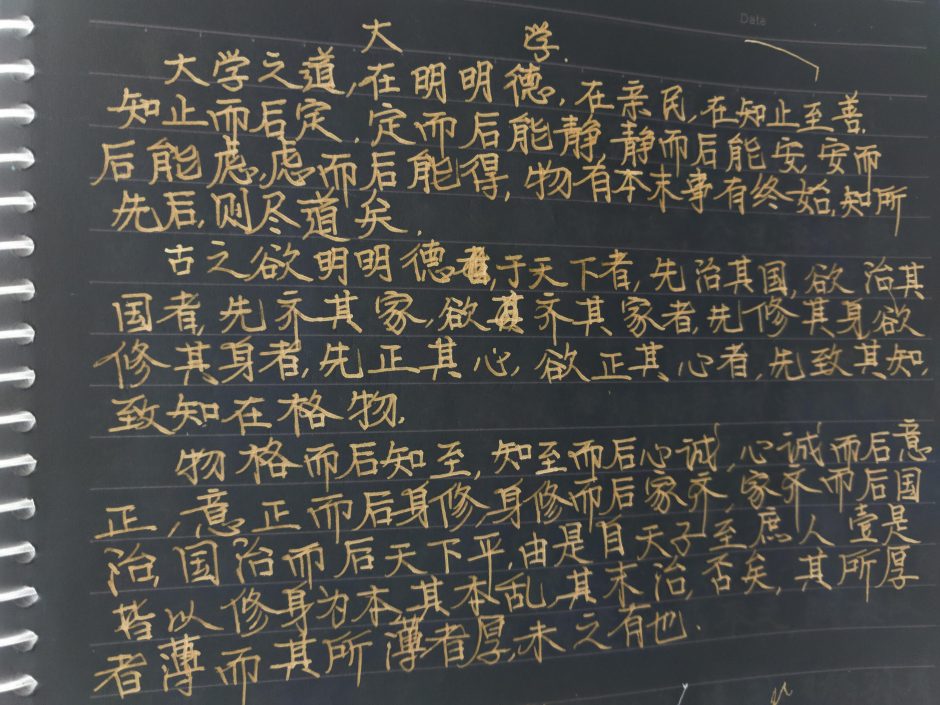http://poj.org/problem?id=2858
#include <stdio.h>
#include <string.h>
#include <algorithm>
using namespace std;
char w[100100][11];
char *p[11][100100];
int pn[11];
bool cmpw( char *a, char *b ) {
return strcmp( a, b ) < 0;
}
struct tile{
char c[2];
int v;
}tiles[10];
bool cmp( tile a, tile b ) {
return a.v < b.v;
}
char word[1000];
int n, ph;
void input( ) {
int i, l;
scanf( "%d", &n );
for( i=0; i<=10; i++ )
pn[i] = 0;
for( i=0; i<n; i++ ) {
scanf( "%s", word );
if( (l=strlen(word)) > 10 ) {
i--, n--;
continue;
}
sort( word, word+l );
strcpy( w[i], word );
p[l][pn[l]++] = w[i];
}
for( i=0; i<=10; i++ )
sort( p[i], p[i]+pn[i], cmpw );
}
void inputahand( ) {
int i;
scanf( "%d", &ph );
for( i=0; i<ph; i++ ) {
scanf( "%1s %d", tiles[i].c, &tiles[i].v );
}
sort( tiles, tiles+ph, cmp );
}
int doahand( ) {
int i, j, k, v = 0, t, m, best = 0, h, g = ph-1;
for( i=0; i<ph; i++ )
best += tiles[i].v;
h = (1<<(ph-1))-1;
for( i=(1<<ph)-1; i>=1; i-- ) {
if( v >= best )
break;
if( i == h ) {
best -= tiles[g].v;
g--;
h = (1<<(g-1))-1;
}
k = i, t = 0, m = 0;
for( j=0; k; k>>=1, j++ )
if( k&1 ) {
t += tiles[j].v;
word[m++] = tiles[j].c[0];
}
if( t > v ) {
word[m] = '';
sort( word, word+m );
if( std::binary_search( p[m], p[m]+pn[m], &word[0], cmpw ) )
v = t;
}
}
return v;
}
int main( ) {
input( );
int m;
scanf( "%d", &m );
while( m-- ) {
inputahand( );
printf( "%dn", doahand( ) );
}
return 0;
}
Meta
-
Recent Posts
Recent Comments
Archives
- May 2024
- April 2023
- February 2023
- January 2023
- December 2022
- November 2022
- September 2022
- June 2022
- July 2021
- January 2021
- February 2020
- September 2019
- March 2018
- February 2018
- August 2016
- July 2016
- June 2016
- May 2016
- April 2016
- March 2016
- February 2016
- January 2016
- December 2015
- November 2015
- October 2015
- September 2015
- August 2015
- July 2015
- June 2015
- May 2015
- April 2015
- March 2015
- February 2015
- January 2015
- December 2014
- November 2014
- October 2014
- September 2014
- August 2014
- July 2014
- June 2014
- May 2014
- April 2014
- March 2014
- February 2014
- January 2014
- December 2013
- November 2013
- October 2013
- September 2013
- August 2013
- July 2013
- June 2013
- May 2013
- April 2013
- March 2013
- February 2013
- January 2013
- December 2012
- November 2012
- October 2012
- September 2012
- August 2012
- July 2012
- June 2012
- May 2012
- April 2012
- March 2012
- February 2012
- January 2012
- December 2011
- November 2011
- October 2011
- September 2011
- August 2011
- July 2011
- June 2011
- May 2011
- April 2011
- March 2011
- February 2011
- January 2011
- December 2010
- November 2010
- October 2010
- September 2010
- August 2010
- July 2010
- June 2010
- May 2010
- April 2010
- March 2010
- February 2010
- January 2010
- December 2009
- November 2009
- October 2009
- September 2009
- August 2009
- July 2009
- June 2009
- May 2009
- April 2009
- March 2009
- February 2009
Categories

